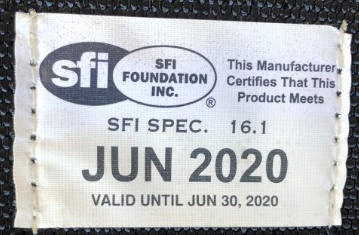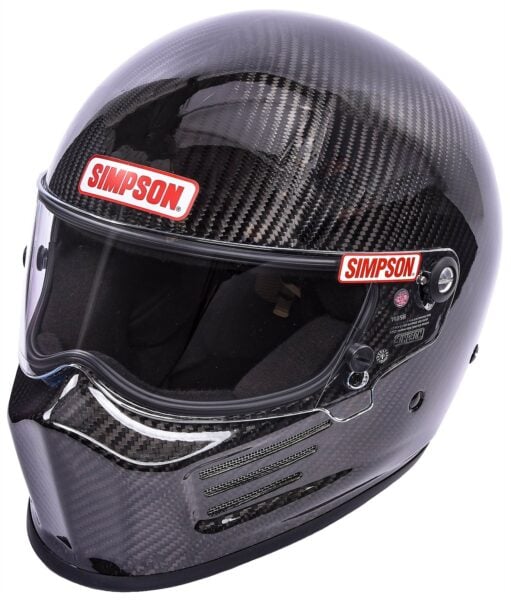
Drag racing is a high-octane sport, so you need to make sure you have the best drag racing oil and fuel running through your motor. Many engines built for drag racing have high-performance modifications and traditional oil might not be enough to keep everything cool, clean, sealed, and lubricated. Plus, drag racing stresses even the best motors so it's necessary to have a plan to reduce that stress.
The good news is that at JEGS, we're here to help. Read on to learn more about the types of oil you can leverage for drag racing.
Drag Racing Engines vs Everyday Engines
It's no secret that a drag racing engine is built differently than everyday engines. Even if you modify an engine for drag racing, you'll have to use the right fuel and oil. Below we will cover some common differences between racing engines and the engines you find in a daily driver.
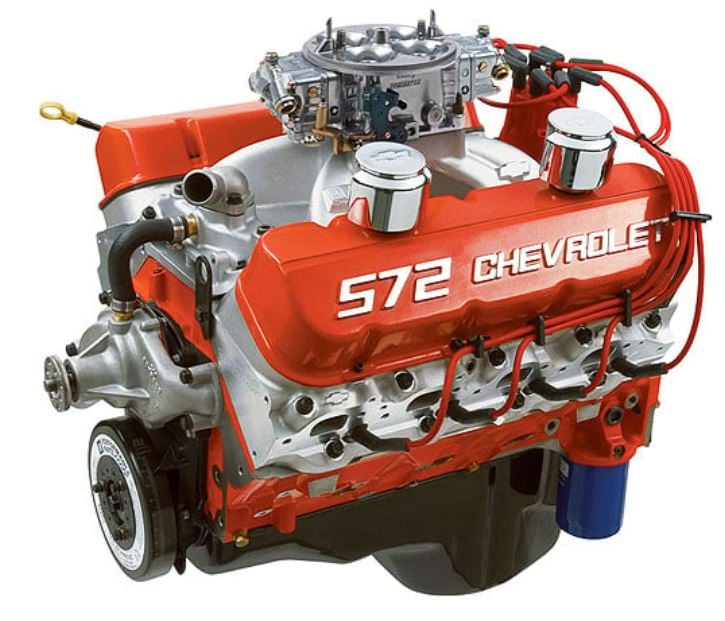
Power
One of the first differences between an everyday engine and a drag racing engine is the power. Drag racing engines are power motors that can easily exceed more than 1,000 horsepower. A drag racing engine is also designed to deliver short bursts of power. This means that drag racing engines rarely operate below 6,000 RPMs. In fact, many drag cars are launched at 4,000 to 6,000 RPMs in first gear.
On the other hand, everyday engines have less horsepower and torque and operate under 6,000 RPMs in most applications. This improves driveability and increases the longevity of the engine. For example, many drag racing engines need to be rebuilt after a handful of races, and the oil is generally changed between each race.
Viscosity
In everyday engines, the viscosity of the oil doesn't have to be as thick. This is a benefit for everyday engines because low viscosity oil helps during cold starts. When you want an oil for racing, you need a thicker viscosity to coat the parts or additives that enhance the thin oil.
The cylinder head temperature for everyday engines is usually between 190° Fahrenheit and 220° Fahrenheit. However, drag racing engines can reach temperatures that are up to 300° degrees Fahrenheit. You'll need oil that can handle that temperature or your engine won't last long. This comes down to oil viscosity.
If you only plan on hitting the track and operating your engine at high temperatures, straight-weight oil with a high viscosity rating is essential. Straight-weight oils will only have one number. However, if you plan on racing in the winter or driving in the winter, having a variable oil like 5W-30 can be efficient. The first number represents the viscosity in colder temperatures, which can help your vehicle during cold starts, while the second number represents the viscosity when the engine warms up (rated at 100 degrees Celsius).
Fuel Types
Drag racing engines and everyday engines run on different types of fuel. Everyday engines can run on regular gasoline, diesel, or even premium gas, whereas racing engines sometimes use racing fuel or fuel mixtures that contain higher levels of alcohol. This alters the air-to-fuel ratio that's required for combustion, so you'll need the right oil to accommodate that.
Understanding the basic differences between the engines can help you determine your oil options.
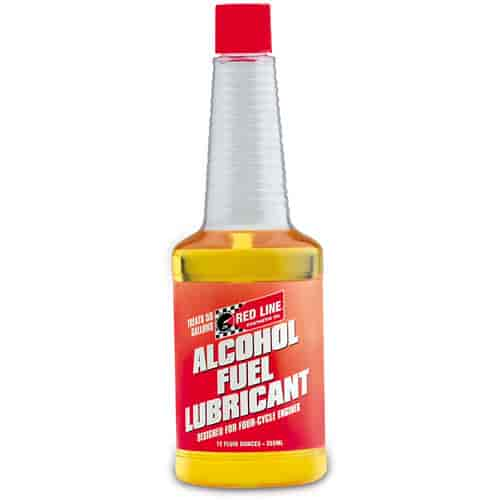
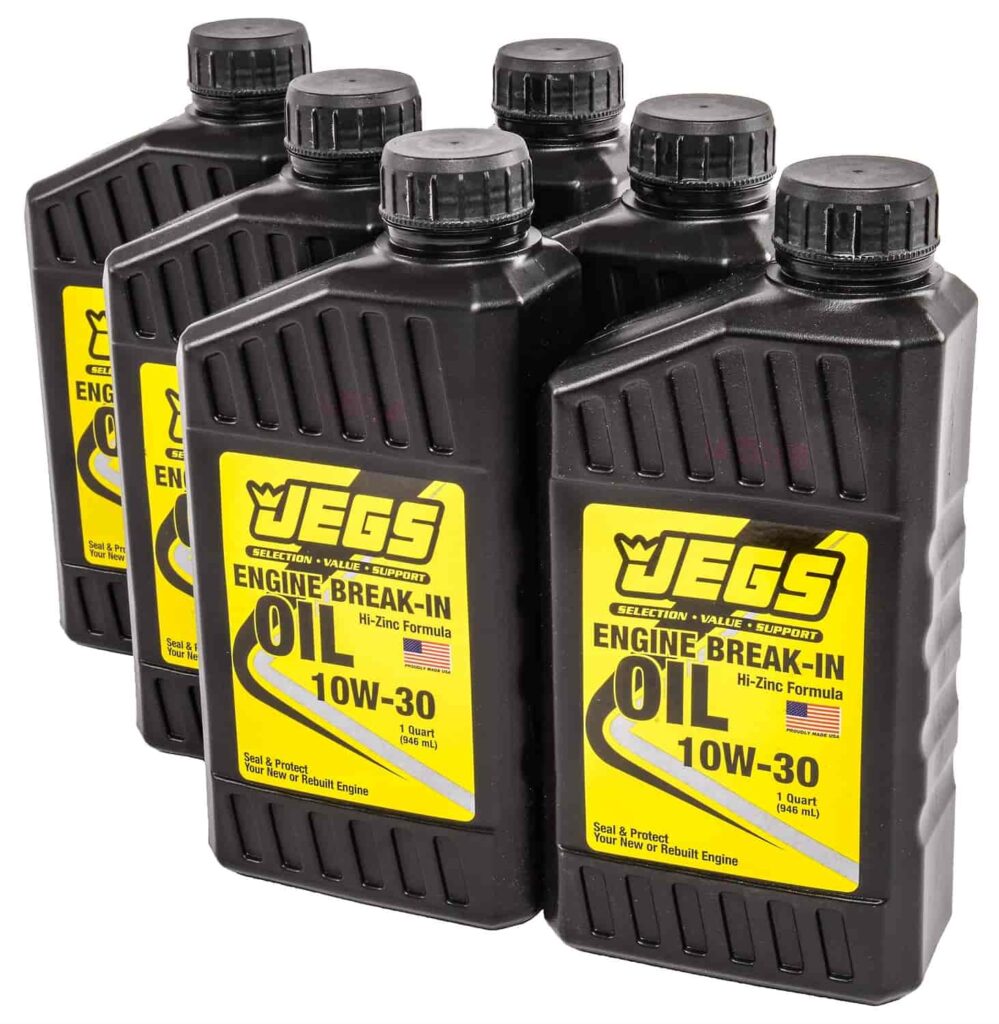
Understanding Your Oil Options
When you're hitting the track, whether test-and-tune or a Lucas Oil Drag Racing NHRA event, you have several oil options to choose from. Each option has unique benefits for longevity and performance. Therefore, it's important to choose the right type of oil based on your needs. Typically, you'll have to choose between synthetic or mineral oils.
Synthetic Racing Oils
Synthetic racing oil is usually the best option. It's more refined and pure, which results in a better base stock. The base stock is the level of oil in the bottle without additives. Synthetic oil also performs better at low temperatures, stays cleaner longer, and provides superior protection.
Many synthetic oil blends also have less volatility when compared to mineral oils, which reduces their evaporation rate. For these reasons, synthetic oil often lasts longer than mineral oil. This is even true in everyday engine applications.
The last thing to note is that synthetic oil products can result in engine oil seeps or leaks. The smaller molecules created from synthetic oils are able to reach smaller areas, which is great for lubrication, but can also reveal any seal or gasket weaknesses.
Mineral Racing Oils
Mineral oils perform well when they have the right additives. That said, most people recommend synthetic oil over mineral oil for racing applications. While mineral oil is the most cost-effective upfront, it has a handful of drawbacks. For example, it flows through the engine slower than synthetic oil, and that contributes to fuel loss.
Mineral or conventional oil, derived from crude oil, offers good lubrication for most engines, reducing friction and wear. Yet, it can break down faster under tough conditions, like pulling a heavy trailer up a steep grade or attempting your quickest lap time, possibly causing your engine to overheat.
Semi-Synthetic Oil
Semi-Synthetic oil is a mixture between mineral oil and synthetic oil. It usually contains many additives but it's closer to mineral oil than synthetic oil. Semi-Synthetic oil usually has some of the benefits that synthetic oil offers but with the drawbacks that hold most mineral oils back. Still, it is one of the most affordable options.
These are the three common types of oils that you'll find. You'll still have to choose the right viscosity level and additives, so we have more on that later.
Why Choose High-Performance Oil
Normal engine oil just doesn't cut it when you want to hit the track, especially if your engine is custom-built for drag racing. We cover the two best reasons to choose both the best engine oil and best gear oil for drag racing.
Additives
The additives that you find in high-performance racing oil are what separate it from regular oil. Some additives to look out for include the following:
- Zinc Dialkyl Dithiophosphate (ZDDP)- Known as Zinc or Phosphorus and it protects the engine at higher temperatures and provides the necessary lubrication needed, especially for non-roller camshaft setups
- Moly- A type of metal that can help lower friction throughout the engine
- Boron- Added along with moly and other additives
- Anti-Wear Additives- Many manufacturers keep their exact formula a secret but keep an eye out for anti-wear additives that protect engines at high temperatures and pressure
- Viscosity Index Improvers- Increases an oil's viscosity, which is great for high-temperature operations
Depending on the brand, these are only a handful of the oil additives that you'll come across.
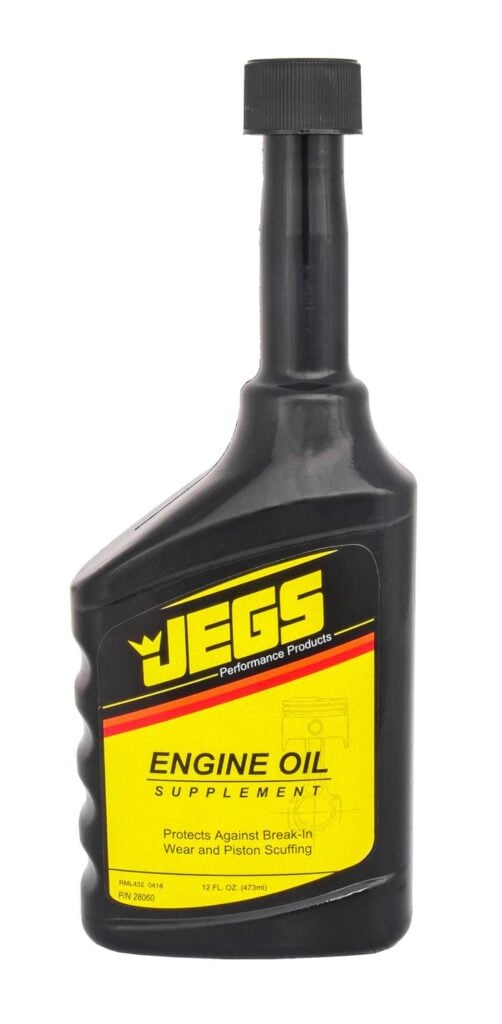
Improved Performance
When you're drag racing every second matters. You want an oil that can handle the pressure and temperatures or high-speed operation without causing problems or slowing the engine down.
High-performance oils have additives that reduce friction to increase the flow of oil throughout the engine. For this reason, everything can move faster and more freely at operating temperatures.
Whether you’re looking for oil for your dragster, a super stock, or your everyday driver, JEGS has what you need. From top manufacturers and in all the best viscosities, you’ll find your lubricants right here.
Top Rated Engine & Gear Oil For Drag Racing At JEGS
When it comes to maximizing performance and protecting critical engine components in drag racing, selecting the right engine and gear oil is paramount. At JEGS, we offer a large selection of top-rated engine and gear oils specifically tailored to the rigorous demands of drag racing. Our range includes high-performance synthetic oils engineered to deliver exceptional lubrication, heat resistance, and friction reduction, ensuring optimal power delivery and component longevity under the extreme conditions encountered on the strip. Whether you're seeking maximum horsepower gains, improved throttle response, or enhanced gearbox protection, our lineup of top-rated engine and gear oils has you covered. Trust JEGS to provide the premium lubrication solutions needed to propel your drag racing efforts to new heights with the best engine oil for drag racing.

